Water
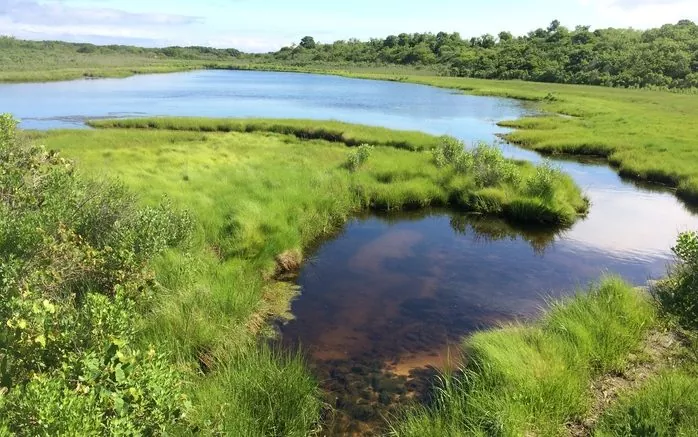
Orient Water Resources Study Is Finally Here!
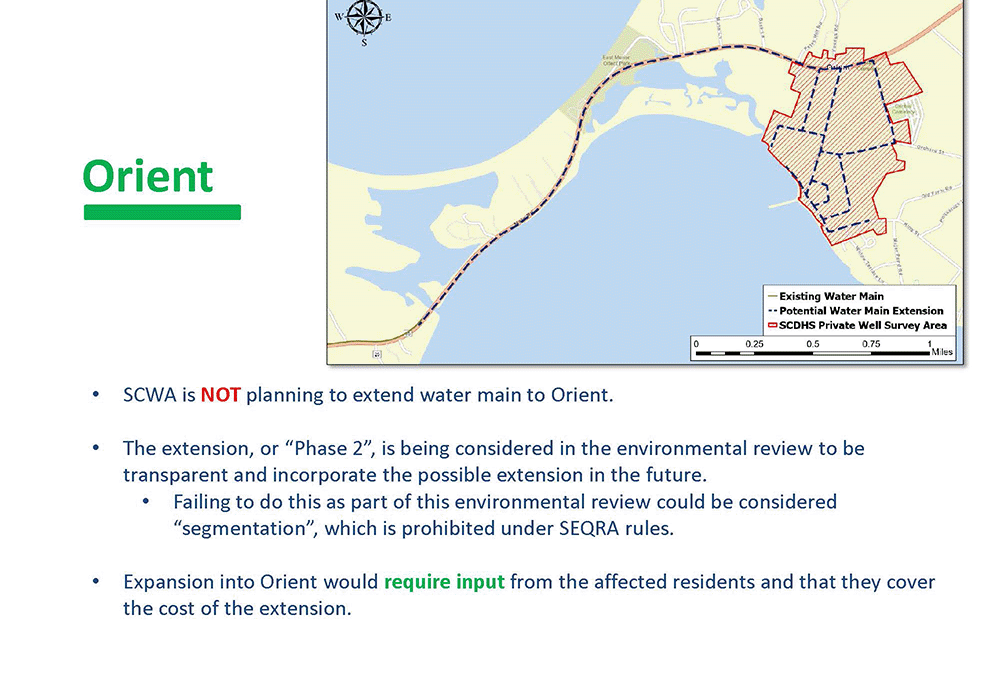
SCWA Southold Scoping Session Summary – June 12, 2025
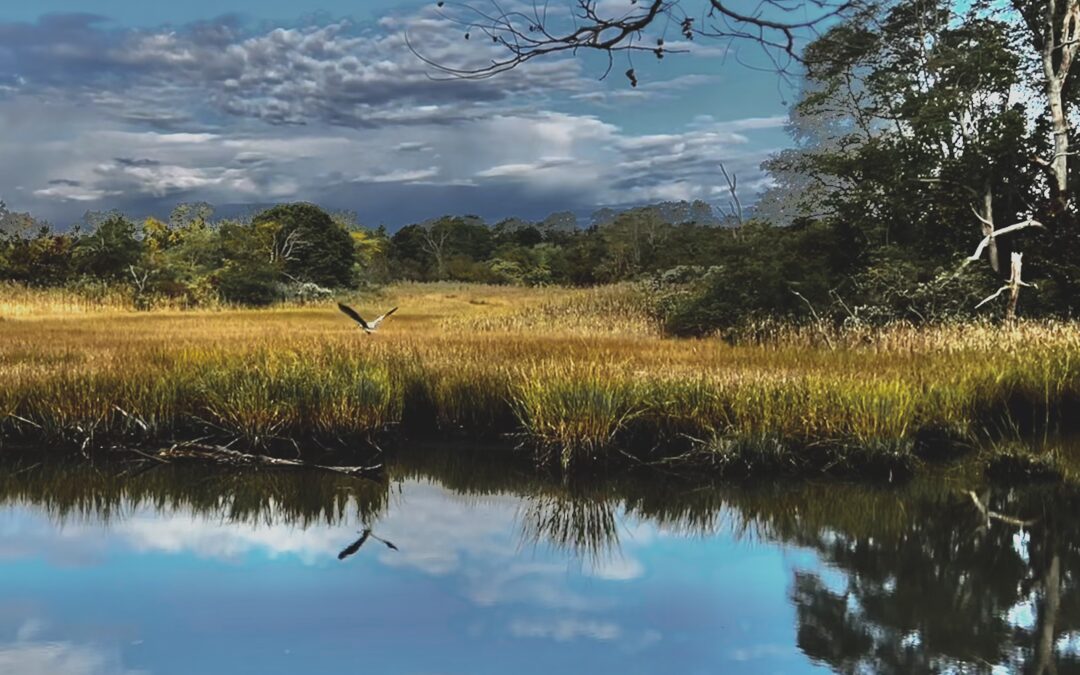
Saltwater Intrusion Forum
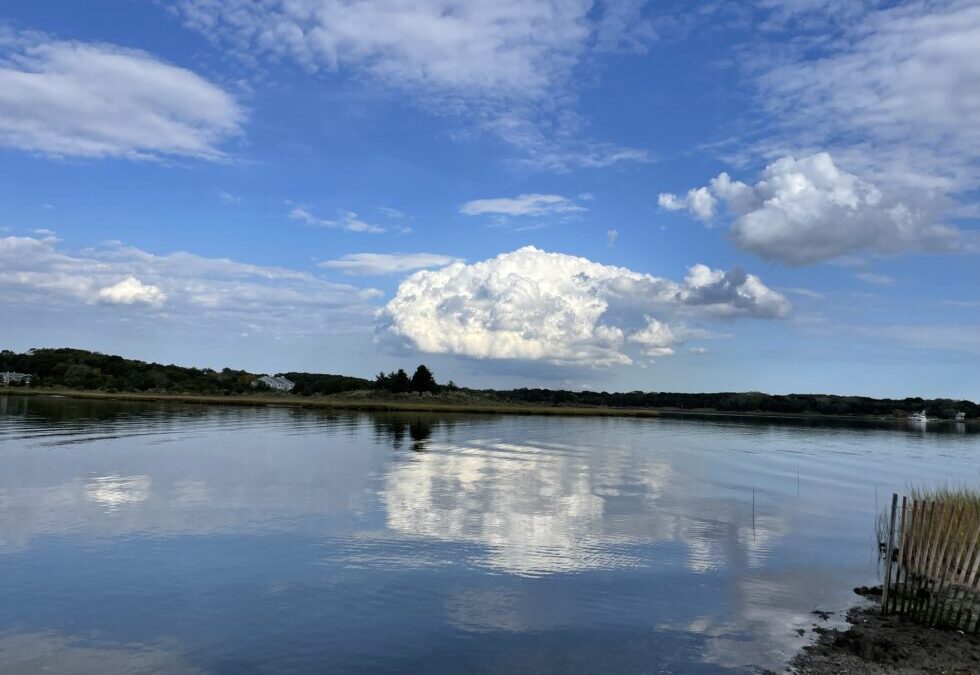
State Of The Bays 2024
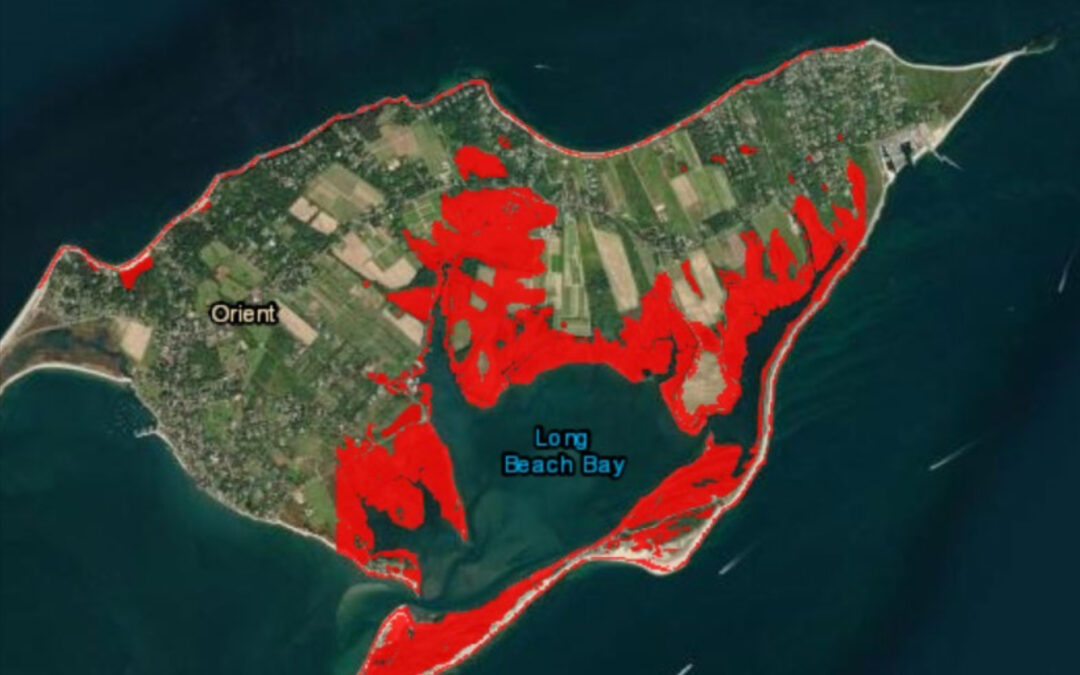
Orient Water Project Presentation At Annual Meeting

Orient Water Project Recommendations Survey
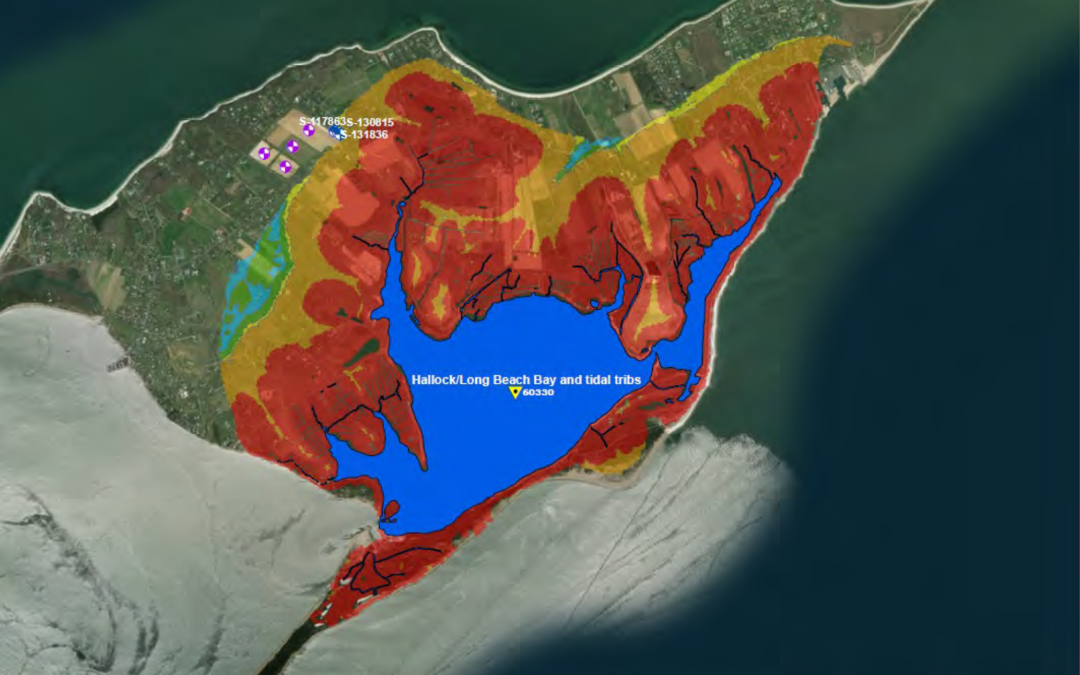
Water Project Preliminary Report
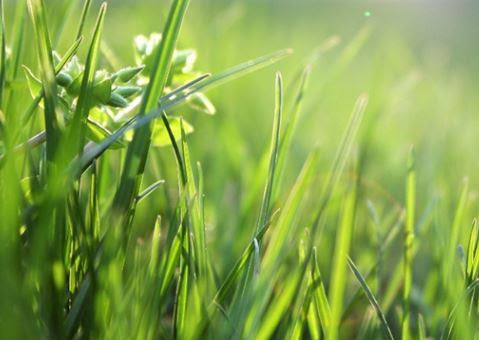
Long Island Nitrogen Action Plan (LINAP)- Newsletter
Five tips for an Eco-friendly lawn Take the Nitrogen Pledge Grant Insights and Highlights Five Tips for an Eco-friendly Lawn It’s almost spring and lawn care is on the minds of many Long Islanders. Fertilizer is often thought of as a key ingredient to a healthy, vibrant lawn but fertilizer use, especially improper application, can be harmful to the environment. Excess nitrogen in fertilizer pollutes our waterways, negatively impacts aquatic life and interferes with fishing, swimming and boating. In fact, fertilizer is the second leading source of nitrogen contamination of Long Island waters; residential wastewater is the primary source. In this issue of the LINAP newsletter, we review several ways to care for your lawn while protecting coastal waters, as well as our drinking water...
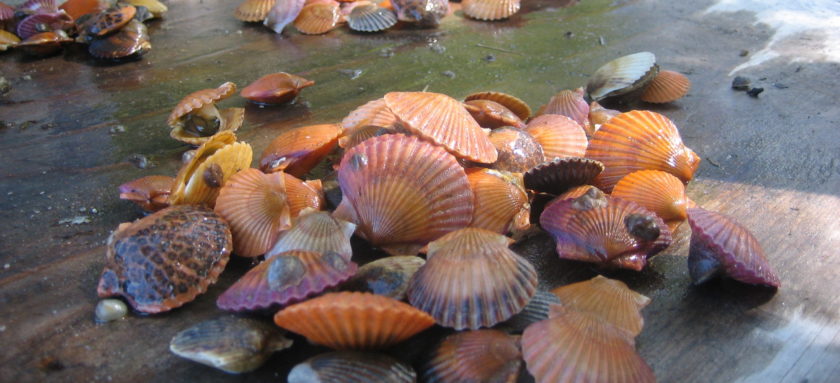
State of the Bays 2023
Every year Dr. Christopher Gobler, Endowed Chair of Coastal Ecology and Conservation and director of the New York State Center for Clean Water Technology, delivers his "State of the Bays" talk. This year, the topic is "Watershed of Destiny," and the the talk is a perfect fit for Earthstock, the week long celebration of Earth Day at Stony Brook University, On Long Island, our sole-source aquifer is our drinking water supply, and the primary source of freshwater, nitrogen, and other contaminants to coastal ecosystems. Recent trends in the quality of both groundwater and surface waters on Long Island have been worrisome. Emerging contaminants such as PFAS and 1,4-dioxane are entering drinking water supplies. Nitrogen levels in groundwater have risen by more than 60% in recent decades and...
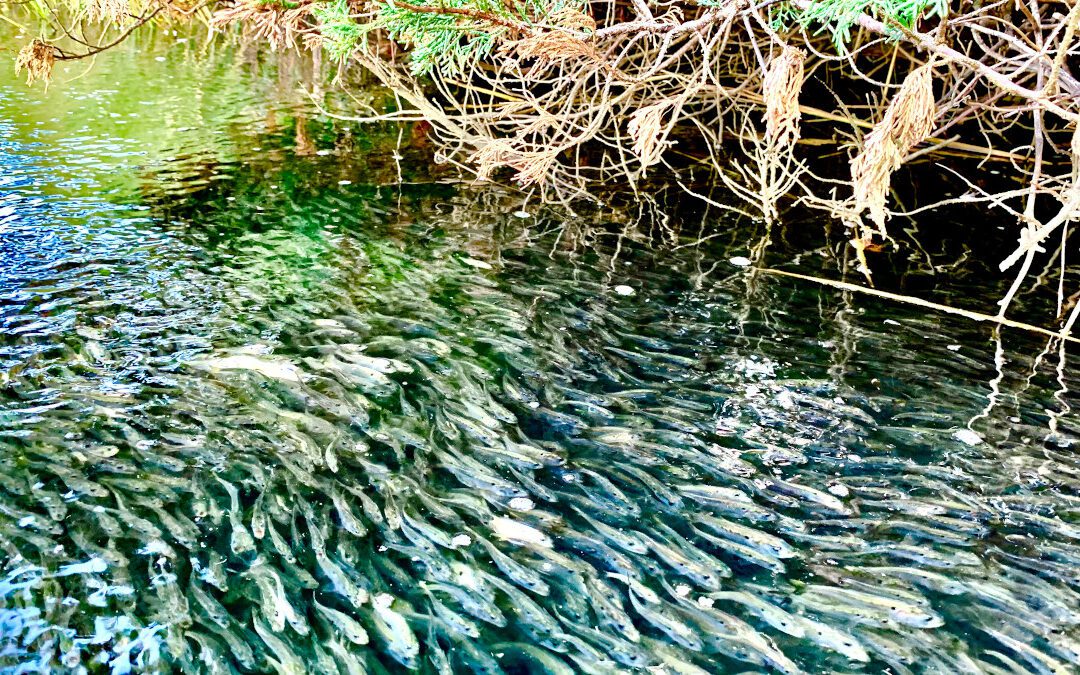
Join The Orient Water Project
Orient sits atop a single, thin, freshwater aquifer and is surrounded by beautiful, productive bays and estuaries. Unfortunately, both our groundwater and our surface waters have been degraded over the past half-century, and both face significant threats going forward.
Water is the lifeblood of this community, so the OA believes it is critical to understand and confront these threats. We are therefore working on developing a comprehensive plan for remediating and protecting the hamlet’s ground and surface waters. The plan will cover three areas:
- Situation assessment
- Prioritization of actions to be taken
- Activation (identification of funding and responsible party–Suffolk County Government, NYC DEC, EPA, etc.)
PFAS Issues
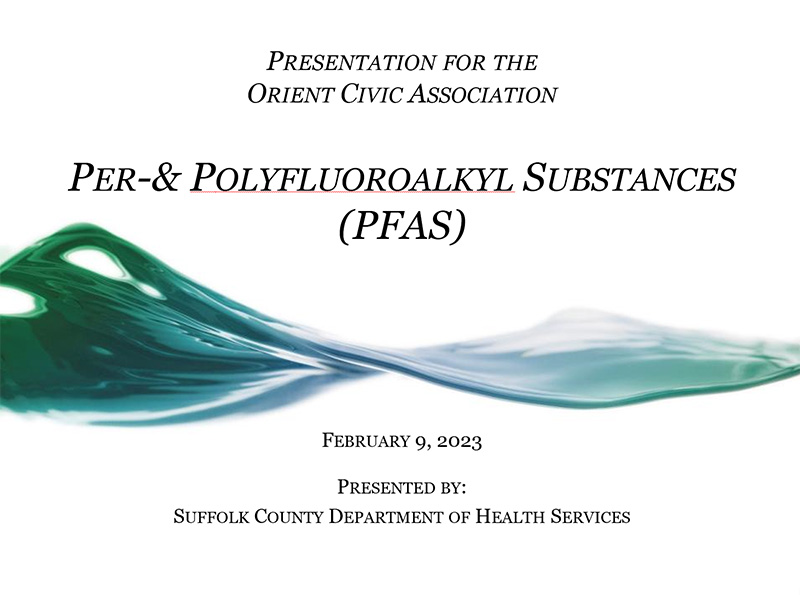
Information Sessions about Expanded PFAS Water Survey
In the Fall of 2022 the Suffolk County Department of Health Services (SCDHS) began a private well testing survey in Orient Village. They had detected high concentrations of “forever chemicals” a group of perfluorochemical compounds collectively known as PFAS or PFCs in several wells. The survey was expanded twice based on the results of each phase and the groundwater studies performed by SCDHS. If your property is located within the survey area shown on this map, you can still request free testing for the first time. In addition, if you had your water tested over a year ago you can request another free test. For those outside the survey area, private well testing by SCDHS costs $100 and can now include PFAS testing by request. Call (631) 852-5810 to schedule a well test. On...
Recent Happenings
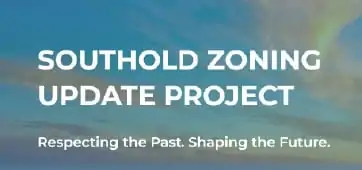
Southold Zoning Update Project – July 29, 2025 3-4pm

Orient Water Resources Study Is Finally Here!


